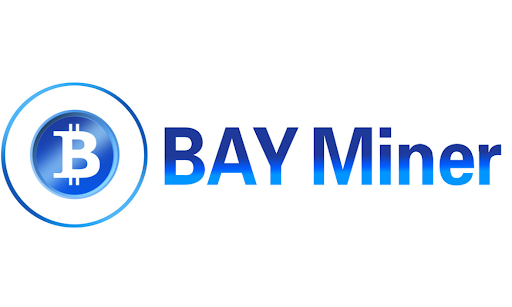Legal Battles Define Future Control Framework for Digital Assets

Five landmark legal cases are reshaping how cryptocurrencies will be controlled and regulated in the United States during 2025. According to Katten Muchin Rosenman LLP, these cases represent a critical inflection point for the digital asset industry.
The most significant cases include SEC v. Ripple Labs in the Second Circuit, SEC v. Coinbase's interlocutory appeal, and three industry-led challenges against federal agencies. These proceedings will determine whether digital assets qualify as securities under the Howey test. The Ripple case focuses on distinguishing between institutional and programmatic sales of XRP tokens. Coinbase's appeal addresses how securities laws apply to secondary market transactions on trading platforms.
Grant Thornton reports that President Trump signed an executive order on January 23, 2025, declaring crypto a national priority. The order establishes a Presidential Working Group on Digital Asset Markets and prohibits central bank digital currencies. Acting SEC Chairman Mark Uyeda launched a Crypto Task Force led by Commissioner Hester Peirce to develop comprehensive regulatory frameworks.
The SEC paused high-profile enforcement cases against major crypto companies following the administration change. Trump nominated Paul Atkins, a former SEC commissioner and crypto industry advocate, as the new SEC chair. The agency also rescinded controversial accounting guidance that required companies to record customer crypto assets on their balance sheets.
Why This Matters
These legal developments directly impact every participant in the cryptocurrency ecosystem. The court rulings will determine whether trading platforms must register as securities exchanges and whether tokens qualify as investment contracts subject to SEC oversight.
According to DL News, the Coinbase case affects the largest US digital asset exchange and could provide guidance for all trading platforms. If the SEC's theory prevails, most major exchanges would face securities regulation requirements.
The Blockchain Association's challenge to Treasury's broker regulations carries enormous financial implications. The IRS estimates compliance costs at over $260 billion annually for the DeFi industry. This burden could force US-based projects to relocate overseas or cease operations entirely.
The shift from enforcement-driven regulation to clearer frameworks reduces uncertainty for crypto companies. Businesses can now plan product development and compliance strategies without fearing retroactive enforcement actions. The regulatory pause allows legitimate projects to operate while maintaining focus on actual fraud cases.
Industry Implications
The legal outcomes will fundamentally alter the competitive landscape for digital assets in America. The Trump administration's promise to make the US "the crypto capital of the world" could reverse the exodus of crypto companies to other jurisdictions.
Traditional financial institutions may increase their crypto involvement with clearer regulatory boundaries. Banks and investment firms previously hesitant due to regulatory uncertainty could launch digital asset services. The reversal of SAB 121 accounting guidance already enables banks to custody crypto assets for customers.
Grant Thornton notes that stablecoin legislation has bipartisan support and could pass first. The STABLE Act would create federal oversight for dollar-pegged tokens while maintaining state-level regulations. This framework could standardize compliance requirements across jurisdictions.
Global regulators are watching these developments closely. The EU's Markets in Crypto-Assets regulation took full effect in January 2025, creating competitive pressure for the US to establish clear rules. If American courts limit SEC authority over digital assets, it could influence international regulatory approaches and establish the US as a leading crypto jurisdiction.
The cases also address decentralized autonomous organizations and their legal status. Rulings on DAO liability could affect governance structures across the blockchain industry. This impacts how decentralized projects operate and whether traditional partnership laws apply to token-based governance systems.
Further Reading
For those interested in comprehensive governance structures and tooling within the decentralized ecosystem, our comprehensive DAO tooling guide provides detailed analysis of over 100 platforms and tools used in decentralized governance. This resource examines the technological infrastructure that enables the legal frameworks discussed in this evolving regulatory landscape.





